Profit-after-tax at Carbery in 2023 was €11.3m, down from €17.5m the previous year. Turnover dropped 11% to €616m, while operating profit was €6.9m lower, at €19.6m. The amount of milk processed was down 2% to 584m litres.
The processor said that performance at its dairy business was impacted by the volatility in dairy markets throughout the year. Carbery blamed a combination of subdued consumer demand driven by cost-of-living concerns, high dairy supply from 2022, geopolitical tensions and continued supply chain disruptions for the volatility.
The mismatch between the cost of inputs when making cheddar in the first half of the year versus the price received when sold, also proved a headwind. However, Carbery said it had some degree of protection from this, as its facilities allow for production of both mozzarella and cheddar, allowing it to make products which can provide the best market returns.
Carbery produced a combined 62,000t of cheese last year, the majority of which was cheddar.
The Taste division had what Carbery described as a “very strong performance” in 2023, with all regions delivering earnings growth. The beverage and nutrition categories in Europe performed well, while the US market saw “significant” year-on-year growth despite some challenges.
Performance at the nutritional ingredients business was described as “good” across all target segments in the annual report. Carbery produces a portfolio of products under its Optipep brand for both the infant formula and clinical nutrition markets. The company said that despite falling birth rates in China, that country remains a key infant formula market where its ingredients are used in preparations designed for dietary management of babies with conditions such as colic and constipation.
On sustainability, Carbery dropped its scope one and two carbon emissions by 5.3%, and its scope three (on-farm) emissions by 3.5%. The introduction of the FutureProof scheme for suppliers saw a strong update, with 90% of farmers taking actions. Carbery paid a 1c/l bonus to all suppliers who agreed to adopt four measures under the scheme.
Jason Hawkins, CEO of Carbery Group said: “The strength of our diversified business model and our balance sheet allowed us to pay the second highest milk price in our history to shareholders.”
He added that “Carbery is very proud that despite a challenging year, we managed to maintain our position as leaders in milk price”.
During the year Carbery paid €18.6m in support payments to shareholder suppliers from its stability fund. The remaining balance of that fund at the end of the year was €1.3m.
Cormac O’Keeffe, Chair of Carbery Group said: “In my last year as chairman, I am very proud of how we prioritised paying a leading milk price.”
Jason Hawkins acknowledged that there is a lot of uncertainty and anxiety among Carbery’s suppliers when he spoke to the Irish Farmers Journal. However, he offered some reassurance about the strength of the business and what it can do to help.
“We’re in a decent spot, we have a diversified business which has been solid and resilient. If we need to support farmers, we can support farmers.
“It doesn’t bother us, frankly, that the profits are back.”
Looking at the results for the year, he said the business came into the year with a lot of cheese in stock and when that market fell in 2023 it did “hurt”. On cheese, the mozzarella business is running about 10,000t-12,000t/annum with approximately 50,000t of cheddar.
Looking at the finances for the year, the gross profit (turnover less cost of sales) was unchanged at €152m from 2022. Hawkins said that inflation and interest rates added to costs during the year.
Headcount at the group increased by 40, which Hawkins said were mostly hires outside Ireland, including for the new office in Singapore.
“While the reported [profit] numbers are back, the underlying business was on plan and showed growth from a profitability perspective during the year.”
Net debt fell during the year, leaving Carbery with a relatively low debt to EBITDA ratio of 1.4, suggesting there is room for the group to make some investments, should the opportunity arise.
“On mergers and acquisitions, we always have a pipeline. But there’s nothing going to close in the next month or anything like that.”
When asked about where the target could be, Hawkins said they would be looking at businesses that would complement their nutrition portfolio or on the Taste side.
“We’ve done a lot of M&A down the years in North America and that’s been great for us, but if there are opportunities in Europe or Asia which would help our size and scale in those markets we would see them as attractive.”
Hawkins said that on the dairy side, the business is about taking care of the milk that comes from the farms in west Cork. He said that Carbery is not looking for extra milk supply.
“Last year we were really well balanced on supply, and while we are back this year and we’ll see where we are on peak, there’s nothing right now to say we’ll be going out chasing milk.
“Looking ahead, we’re doing some scenario planning to understand what the impact from [the loss of] derogation would be. Right now, we’re focused on holding on to what we have and protecting the derogation.”
Outlook
Despite the recent challenges and the outstanding policy uncertainty, Hawkins is optimistic about the prospects for dairy farming in Ireland.
“Dairy production globally will struggle while demand will continue to grow so over the long term, returns to farmers should be at a profitable level. That’s why we have to maximise, or optimise, the production from the land we have here in Ireland.
“All of the work we do on sustainability is about being able to stand over our reputation of producing high-quality, grass-fed product which our customers value.”
The risk to this outlook, Hawkins says, is that an adverse derogation decision “pulls the rug out from under us.”
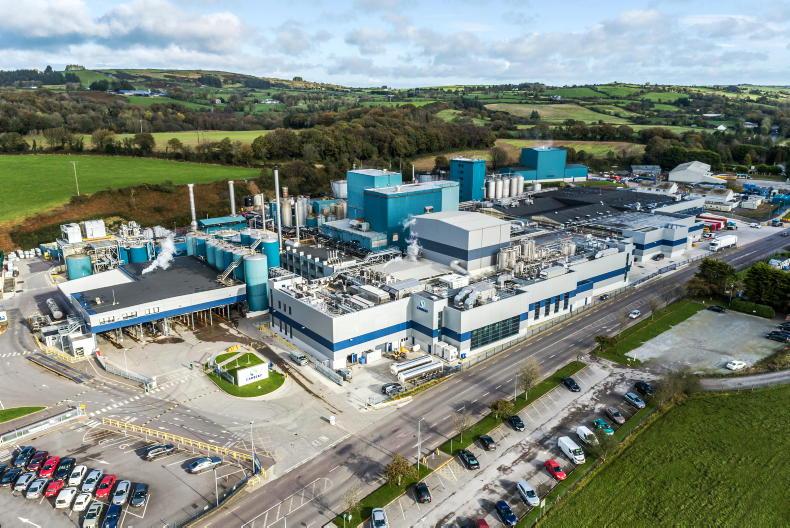
Carbery.
Comment
Carbery raided the piggy bank last year to support its farmer suppliers. A bad year like 2023 is exactly what the stability fund was set up to deal with, so it was used when it was needed.
Unfortunately for Carbery suppliers, the stability fund is almost completely depleted now, with just over €1m left in the kitty, meaning there is no rainy day fund in place to ease the pressure should 2024 turn out to be another significantly difficult year.
All is not lost for shareholder suppliers, as Hawkins said that Carbery is happy to use profits from its Taste and nutrition businesses to prop up the price it pays for milk.
With Carbery’s future expansion plans clearly focused away from dairy, the diversification of earnings should help provide a cushion to farmer suppliers from the worst effects of market volatility.
In brief
Profit after tax at €11.3m, down from €17.1m.Milk processed down 2%.Milk price supported by Stability Fund.90% of suppliers take sustainability action.Clarification
In last week’s report on Aurivo results we reported that CEO Donal Tierney said the co-op was relatively insulated from a derrogation cut to 170. His comments referred to the cut to 220, rather than any future further reduction.
Profit-after-tax at Carbery in 2023 was €11.3m, down from €17.5m the previous year. Turnover dropped 11% to €616m, while operating profit was €6.9m lower, at €19.6m. The amount of milk processed was down 2% to 584m litres.
The processor said that performance at its dairy business was impacted by the volatility in dairy markets throughout the year. Carbery blamed a combination of subdued consumer demand driven by cost-of-living concerns, high dairy supply from 2022, geopolitical tensions and continued supply chain disruptions for the volatility.
The mismatch between the cost of inputs when making cheddar in the first half of the year versus the price received when sold, also proved a headwind. However, Carbery said it had some degree of protection from this, as its facilities allow for production of both mozzarella and cheddar, allowing it to make products which can provide the best market returns.
Carbery produced a combined 62,000t of cheese last year, the majority of which was cheddar.
The Taste division had what Carbery described as a “very strong performance” in 2023, with all regions delivering earnings growth. The beverage and nutrition categories in Europe performed well, while the US market saw “significant” year-on-year growth despite some challenges.
Performance at the nutritional ingredients business was described as “good” across all target segments in the annual report. Carbery produces a portfolio of products under its Optipep brand for both the infant formula and clinical nutrition markets. The company said that despite falling birth rates in China, that country remains a key infant formula market where its ingredients are used in preparations designed for dietary management of babies with conditions such as colic and constipation.
On sustainability, Carbery dropped its scope one and two carbon emissions by 5.3%, and its scope three (on-farm) emissions by 3.5%. The introduction of the FutureProof scheme for suppliers saw a strong update, with 90% of farmers taking actions. Carbery paid a 1c/l bonus to all suppliers who agreed to adopt four measures under the scheme.
Jason Hawkins, CEO of Carbery Group said: “The strength of our diversified business model and our balance sheet allowed us to pay the second highest milk price in our history to shareholders.”
He added that “Carbery is very proud that despite a challenging year, we managed to maintain our position as leaders in milk price”.
During the year Carbery paid €18.6m in support payments to shareholder suppliers from its stability fund. The remaining balance of that fund at the end of the year was €1.3m.
Cormac O’Keeffe, Chair of Carbery Group said: “In my last year as chairman, I am very proud of how we prioritised paying a leading milk price.”
Jason Hawkins acknowledged that there is a lot of uncertainty and anxiety among Carbery’s suppliers when he spoke to the Irish Farmers Journal. However, he offered some reassurance about the strength of the business and what it can do to help.
“We’re in a decent spot, we have a diversified business which has been solid and resilient. If we need to support farmers, we can support farmers.
“It doesn’t bother us, frankly, that the profits are back.”
Looking at the results for the year, he said the business came into the year with a lot of cheese in stock and when that market fell in 2023 it did “hurt”. On cheese, the mozzarella business is running about 10,000t-12,000t/annum with approximately 50,000t of cheddar.
Looking at the finances for the year, the gross profit (turnover less cost of sales) was unchanged at €152m from 2022. Hawkins said that inflation and interest rates added to costs during the year.
Headcount at the group increased by 40, which Hawkins said were mostly hires outside Ireland, including for the new office in Singapore.
“While the reported [profit] numbers are back, the underlying business was on plan and showed growth from a profitability perspective during the year.”
Net debt fell during the year, leaving Carbery with a relatively low debt to EBITDA ratio of 1.4, suggesting there is room for the group to make some investments, should the opportunity arise.
“On mergers and acquisitions, we always have a pipeline. But there’s nothing going to close in the next month or anything like that.”
When asked about where the target could be, Hawkins said they would be looking at businesses that would complement their nutrition portfolio or on the Taste side.
“We’ve done a lot of M&A down the years in North America and that’s been great for us, but if there are opportunities in Europe or Asia which would help our size and scale in those markets we would see them as attractive.”
Hawkins said that on the dairy side, the business is about taking care of the milk that comes from the farms in west Cork. He said that Carbery is not looking for extra milk supply.
“Last year we were really well balanced on supply, and while we are back this year and we’ll see where we are on peak, there’s nothing right now to say we’ll be going out chasing milk.
“Looking ahead, we’re doing some scenario planning to understand what the impact from [the loss of] derogation would be. Right now, we’re focused on holding on to what we have and protecting the derogation.”
Outlook
Despite the recent challenges and the outstanding policy uncertainty, Hawkins is optimistic about the prospects for dairy farming in Ireland.
“Dairy production globally will struggle while demand will continue to grow so over the long term, returns to farmers should be at a profitable level. That’s why we have to maximise, or optimise, the production from the land we have here in Ireland.
“All of the work we do on sustainability is about being able to stand over our reputation of producing high-quality, grass-fed product which our customers value.”
The risk to this outlook, Hawkins says, is that an adverse derogation decision “pulls the rug out from under us.”

Carbery.
Comment
Carbery raided the piggy bank last year to support its farmer suppliers. A bad year like 2023 is exactly what the stability fund was set up to deal with, so it was used when it was needed.
Unfortunately for Carbery suppliers, the stability fund is almost completely depleted now, with just over €1m left in the kitty, meaning there is no rainy day fund in place to ease the pressure should 2024 turn out to be another significantly difficult year.
All is not lost for shareholder suppliers, as Hawkins said that Carbery is happy to use profits from its Taste and nutrition businesses to prop up the price it pays for milk.
With Carbery’s future expansion plans clearly focused away from dairy, the diversification of earnings should help provide a cushion to farmer suppliers from the worst effects of market volatility.
In brief
Profit after tax at €11.3m, down from €17.1m.Milk processed down 2%.Milk price supported by Stability Fund.90% of suppliers take sustainability action.Clarification
In last week’s report on Aurivo results we reported that CEO Donal Tierney said the co-op was relatively insulated from a derrogation cut to 170. His comments referred to the cut to 220, rather than any future further reduction.






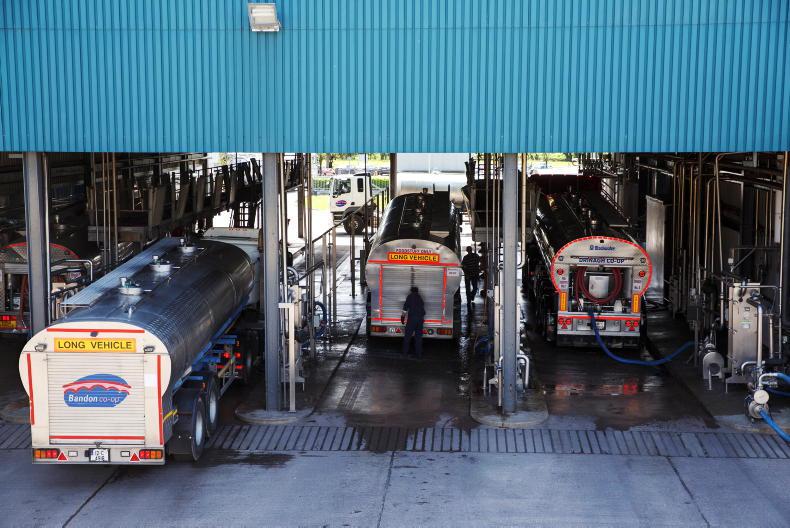
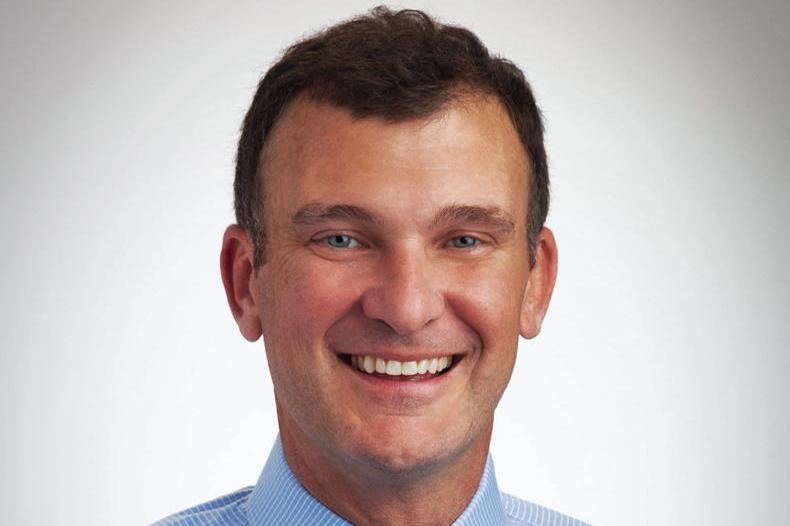
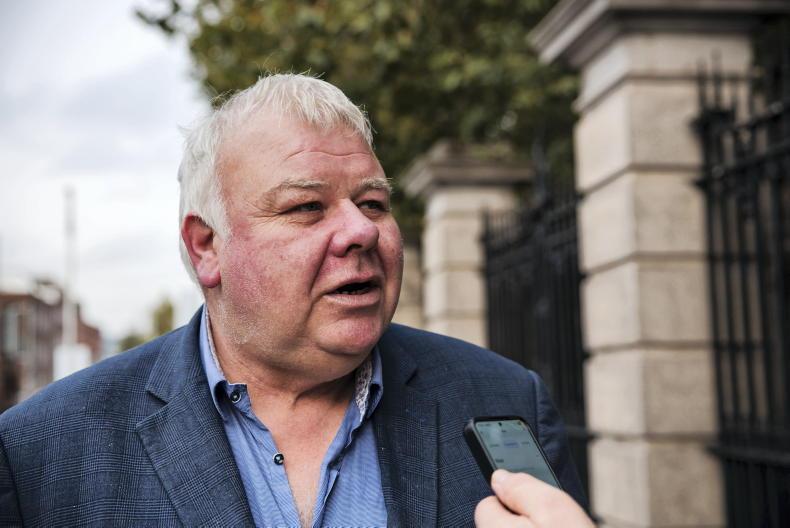
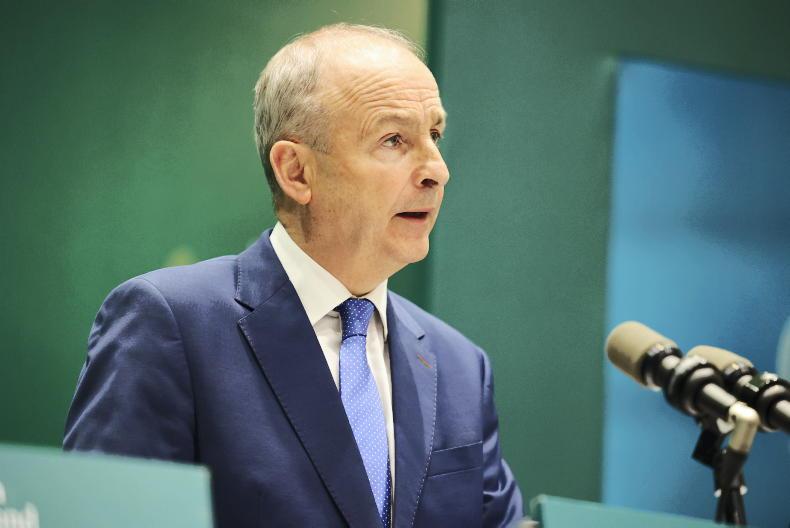
SHARING OPTIONS